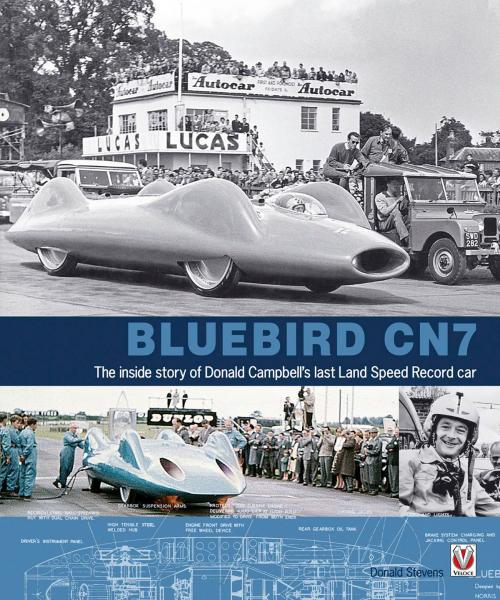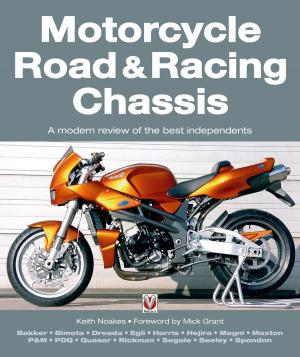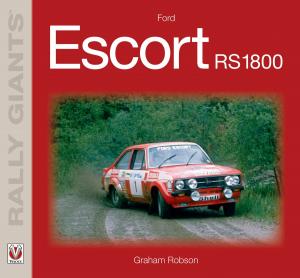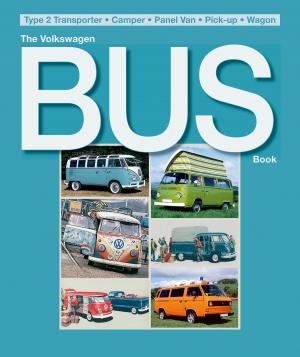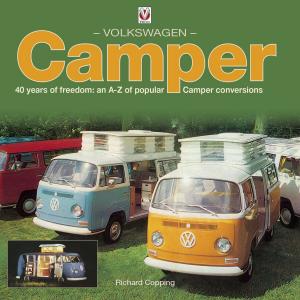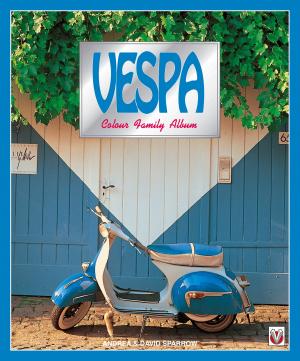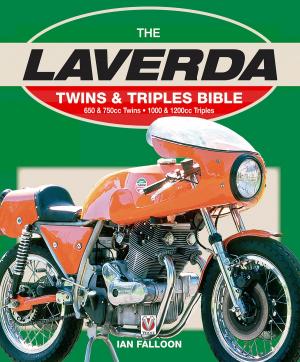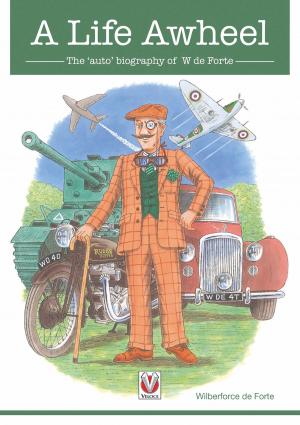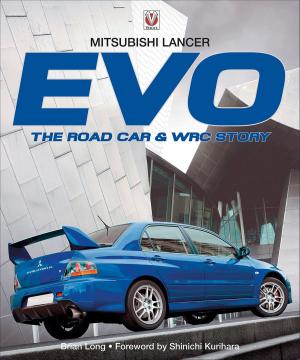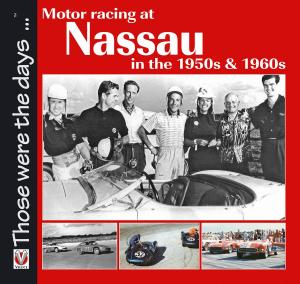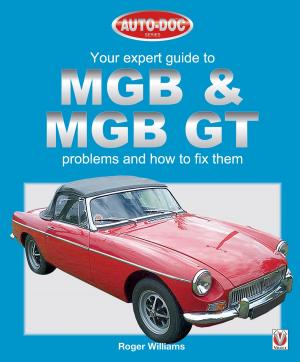Bluebird CN7
the inside story of Donald Campbell’s last Land Speed Record car
Nonfiction, Reference & Language, Transportation, Automotive, History, Domestic| Author: | Donald Stevens | ISBN: | 9781845848293 |
| Publisher: | Veloce Publishing Ltd | Publication: | February 24, 2015 |
| Imprint: | Veloce | Language: | English |
| Author: | Donald Stevens |
| ISBN: | 9781845848293 |
| Publisher: | Veloce Publishing Ltd |
| Publication: | February 24, 2015 |
| Imprint: | Veloce |
| Language: | English |
Since the early 1920s the name Bluebird has been synonymous with world speed record breaking on land and water. Driven first by Sir Malcolm Campbell, then his son Donald, and latterly by Donald’s nephew Donald Wales in electric powered vehicles, they have consistently pushed records ever higher.This book is the story of the design and construction of the fastest of the Bluebirds, the Campbell-Norris 7 (CN7). This car, now resident in the National Motor Museum at Beaulieu in England, is the most sophisticated design ever produced for a wheel-driven record breaker. Using methods and materials developed for the aircraft industry, the CN7, given suitable running conditions, was capable in 1960 of a speed exceeding that produced by the present wheel-driven record holder 19 years later.The author was first employed by the designers Norris Brothers Ltd as a design draughtsman on the Bluebird K7 hydroplane. After completing his National Service in the RAF, he rejoined the company to work with the two chief designers developing the specification for CN7, and he later became project co-ordinator for its construction.
Since the early 1920s the name Bluebird has been synonymous with world speed record breaking on land and water. Driven first by Sir Malcolm Campbell, then his son Donald, and latterly by Donald’s nephew Donald Wales in electric powered vehicles, they have consistently pushed records ever higher.This book is the story of the design and construction of the fastest of the Bluebirds, the Campbell-Norris 7 (CN7). This car, now resident in the National Motor Museum at Beaulieu in England, is the most sophisticated design ever produced for a wheel-driven record breaker. Using methods and materials developed for the aircraft industry, the CN7, given suitable running conditions, was capable in 1960 of a speed exceeding that produced by the present wheel-driven record holder 19 years later.The author was first employed by the designers Norris Brothers Ltd as a design draughtsman on the Bluebird K7 hydroplane. After completing his National Service in the RAF, he rejoined the company to work with the two chief designers developing the specification for CN7, and he later became project co-ordinator for its construction.
